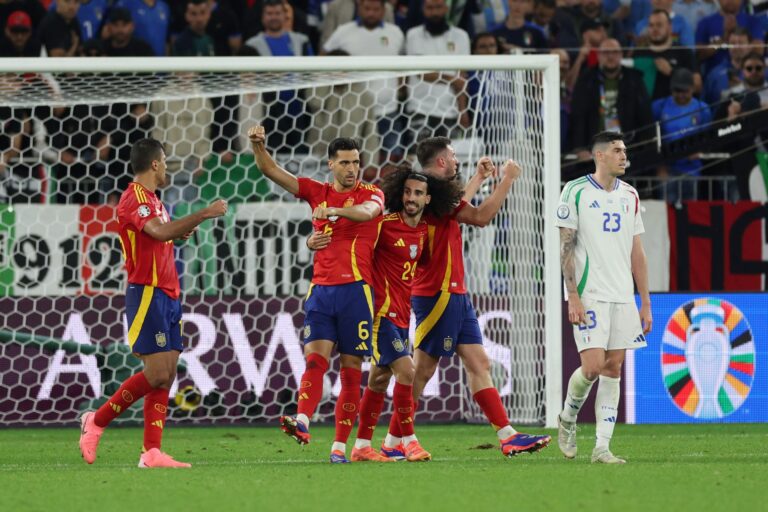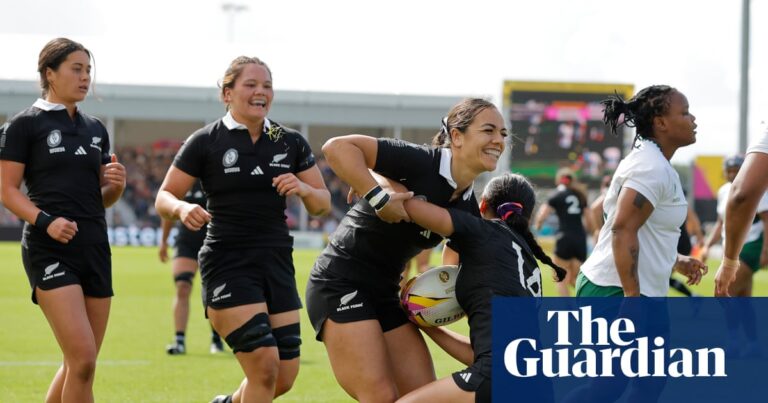
The Professional Tennis Players’ Association came into existence on the eve of the 2020 US Open and at the height of pandemic restrictions. After an inauspicious start, the association co-founded by Novak Djokovic has spent time building its professional structures, finances and player support while trying to gain influence in the sport. The PTPA functions ostensibly as a players’ union but it is not legally recognised as such, since players are classed as independent contractors rather than employees.
As the PTPA’s numerous attempts to gain a seat at tennis’s decision-making table have been rebuffed, often vigorously, by the leading governing bodies – the Association of Tennis Professionals, the Women’s Tennis Association, the International Tennis Federation and the four grand slam tournaments – it became increasingly likely that their acrimonious relations would lead to litigation. The PTPA’s decision to initiate on Tuesday a lawsuit against the ATP, WTA and ITF, while naming the grand slam events as co-conspirators, marks a dramatic intensification of its campaign for players’ rights. It also comes as no great surprise.

Throughout the lawsuit, the PTPA argues that the free market should determine player earnings, even stating players should be allowed to accept or display betting sponsorships. While there is a double standard in allowing tournaments to receive them but not athletes, perhaps the scourge of betting advertisements, particularly in tennis, should be restricted for all.
after newsletter promotion
There are also some serious allegations made regarding the anti-doping and anti-corruption efforts of the International Tennis Integrity Agency, but they are paired with some conspiratorial claims, such as the insinuation that the initial result Jannik Sinner received in his first anti-doping hearing had a positive outcome because he is “a prominent player who had not vocalised any issues with the cartel”.
Within the lawsuit, the PTPA positions its legal action as part of a long line of landmark anti-trust sporting cases, such as the transformative ones in Major League Baseball, the NFL and the recent National Collegiate Athletic Association lawsuit that paved the way for student athletes to be able to earn money for their name, image and likeness.
The PTPA’s lawsuit is spearheaded by James W Quinn, a prominent lawyer who helped to negotiate the NBA case in 1976 that allowed its players to secure free agency. Its efforts are funded partially by the hedge fund billionaire Bill Ackman.
The ball is now in the court of the ATP, WTA and ITF, and they must decide whether they will choose to tackle the PTPA in a potentially expensive legal battle. Maybe this suit will bring those governing bodies to the negotiating table after four and a half years of attempting to shut out the PTPA. While tennis may be as fractured as ever, there is certainly never a dull day on tour.




